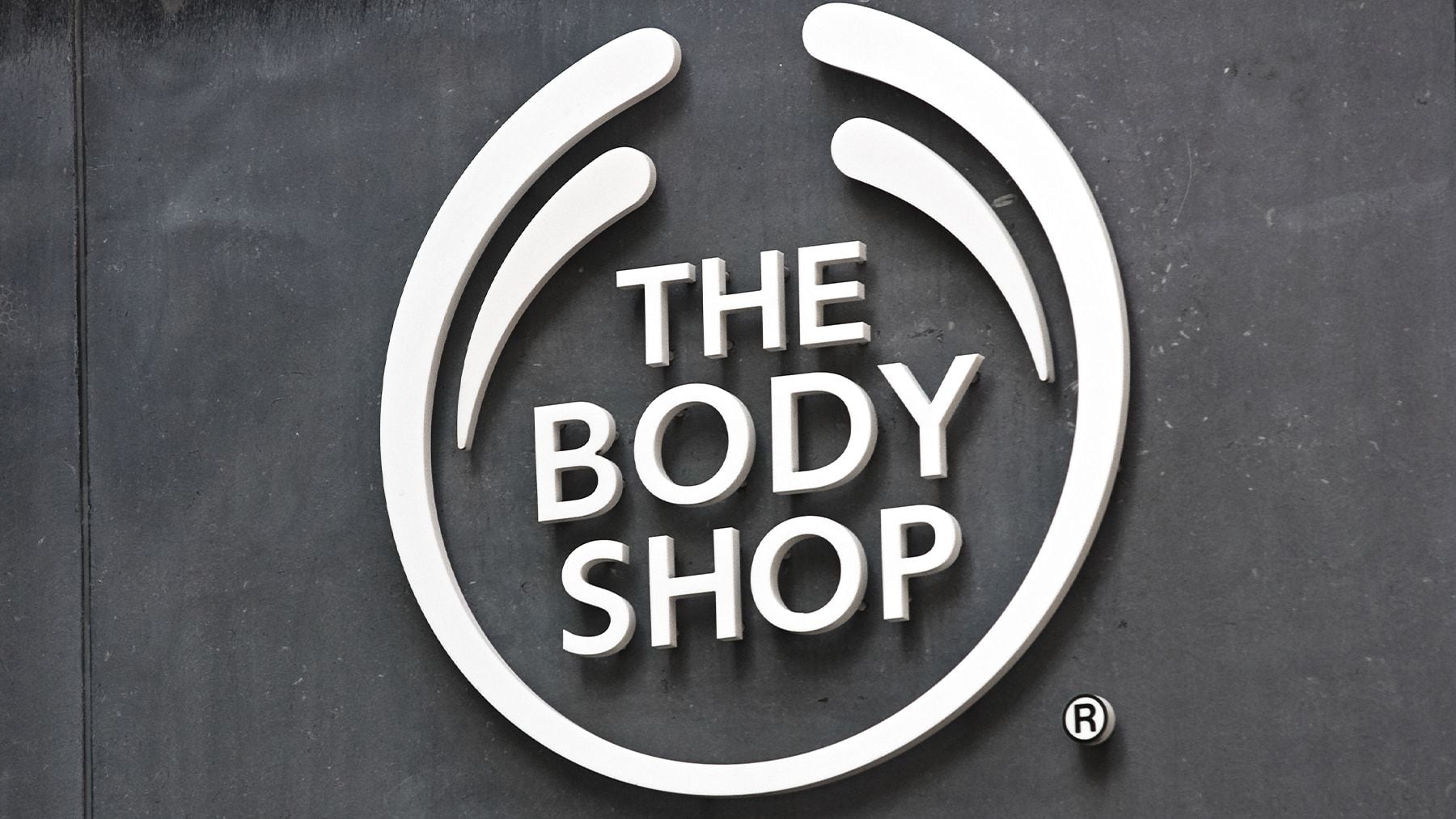
Aurelius, the German restructuring specialist which bought The Body Shop last year and has now put it into administration, had previously broken up two other UK retailers. Staff at the ethical cosmetics group fear it will be next, with more than 2,200 jobs and 200 stores at risk.
Aurelius, a specialist in distressed companies, has been active in the UK for some time. It bought the parent of the Lloyds Pharmacy chain in 2022, TV shopping business Ideal Shopping Direct in 2018 and the European and UK arm of retailer and office supplies business Office Depot in 2017, and went on to break up all three businesses.
But it has also held on to some of its acquisitions. It acquired trainer store Footasylum in 2022 and still owns it, and it also owns tile retailer CTD, which bought up 13 Tile Giant branches last year.
Aurelius has yet to set out its plan for The Body Shop. But the groupâs track record suggests administration may not necessarily mean oblivion.
Based in Munich, it was set up by Austrian entrepreneur Dirk Markus and German Gert Purkert in 2005 with initial funding of â¬500,000 (£425,000).
Markus, a keen racing cyclist who currently lives in London, started his career as a management consultant at McKinsey and then co-founded Mercateo, an online business procurement platform, which was sold to energy firm E.On in 2000.
Purkert, a fellow McKinsey alumnus, co-founded equinet, a German advisory firm for small and medium-sized businesses.
Aurelius has been operating in the UK for several years, but hit the headlines after it bought McKesson UK, the parent of the Lloyds Pharmacy chain, for £477m in what the group called the âbiggest deal in its historyâ.
At the time, the chemist chain employed more than 2,500 pharmacists at almost 1,300 pharmacies. The pharmacy business was then gradually dismantled.
In January last year Lloyds announced the closure of more than 200 outlets in Sainsburyâs supermarkets. That was followed by a year-long process of disposing of high street pharmacies to local independents. The groupâs private travel clinic company MASTA was sold to Irish-led travel group Nomad Travel in May last year.
The rump of the Lloyds retail business was put into liquidation in January this year, owing about £30m to trade creditors and more than £250m to other parts of the company. Aurelius still owns the parent company, now called Hallo Healthcare, which runs an online doctorsâ service and wholesale pharmacy distribution service for NHS hospitals and others.
The pattern was not dissimilar to Aureliusâs tactics after buying the European arm of Office Depot, which had more than 100 stores and provided office supplies to over 100,000 businesses under the Viking brand.
The business was gradually broken up in a series of transactions, with a large chunk of the wholesale arm sold to French Raja group, before the rump was put into liquidation with debts of more than £1m in 2021.
Ideal Shopping Direct was also broken up, with its Create & Craft channel and Freeview number and flagship Ideal World teleshopping businesses going to separate new owners.
Insolvency experts say Aurelius could simply be slimming down The Body Shop in order to buy it back and run it more profitably. Whatever the plan, the first steps have been about conserving cash.
The Body Shop at Home, a home selling arm which employed more than 100 people and had thousands of freelance sellers across Europe, has already been closed.
The company has also refused to pay more than £3m in long-term bonuses promised to current and former workers â despite the fact that they were supposedly protected by being written into conditions of the sale by The Body Shopâs former owner Natura. Payment of the bonuses is now in the hands of administrators.
Last month The Body Shopâs loss-making European business was separated off, with Aurelius telling staff and media it had been sold to an unnamed âfamily officeâ. No further information has been disclosed.
Filings in Europe suggest the buyer is a group named Alma24, which has close links to Aurelius via director and majority shareholder Friedrich Trautwein. He has been a director of companies linked to a number of Aurelius-owned groups including Autostore and book wholesaler Bertram group. He was appointed interim chief executive of Ideal Shopping Direct under Aureliusâs ownership.
Aurelius said it was not a shareholder in Alma24.
Putting the UK arm into administration can be used, say insolvency experts, as a way to cut costs at head office, warehouses and stores, with industry insiders expecting up to half of its 200 UK outlets to close.
Doing this via administration means redundancy payments and lease obligations are handled by administrators and are not a cost to Aurelius.
Meanwhile, documents filed at Companies House show that on 30 January, Alma24 took out a charge, a form of financial guarantee, using as collateral a list of Body Shop properties including its Littlehampton head office and stores on Oxford Street and Manchesterâs Trafford centre. This is understood to be linked to providing security over completion of the European deal.
It is understood Aurelius is also a direct creditor of The Body Shop, which could make it difficult for rival interested parties to outbid the German firm when the UK shops come up for sale. The firm is understood to be the largest secure creditor, putting it in prime position to buy back a downsized Body Shop.
A source close to Aurelius said it âwouldnât be against that option being put forwardâ and saw âa lot of potential in a restructured businessâ.
Andrew Pepper, a restructuring expert at ReSolve, said Aurelius was likely to be âslimming down the shops to create a right-sized business fit for the futureâ with more focus on selling online.
He said the UK business was likely to survive as it was vital to supporting the international network of franchise businesses.
âWhat will they sell to the world if they donât have the flagship business? They still believe in the Englishness of it. The real value is in its global presence.â
By Sarah Butler



